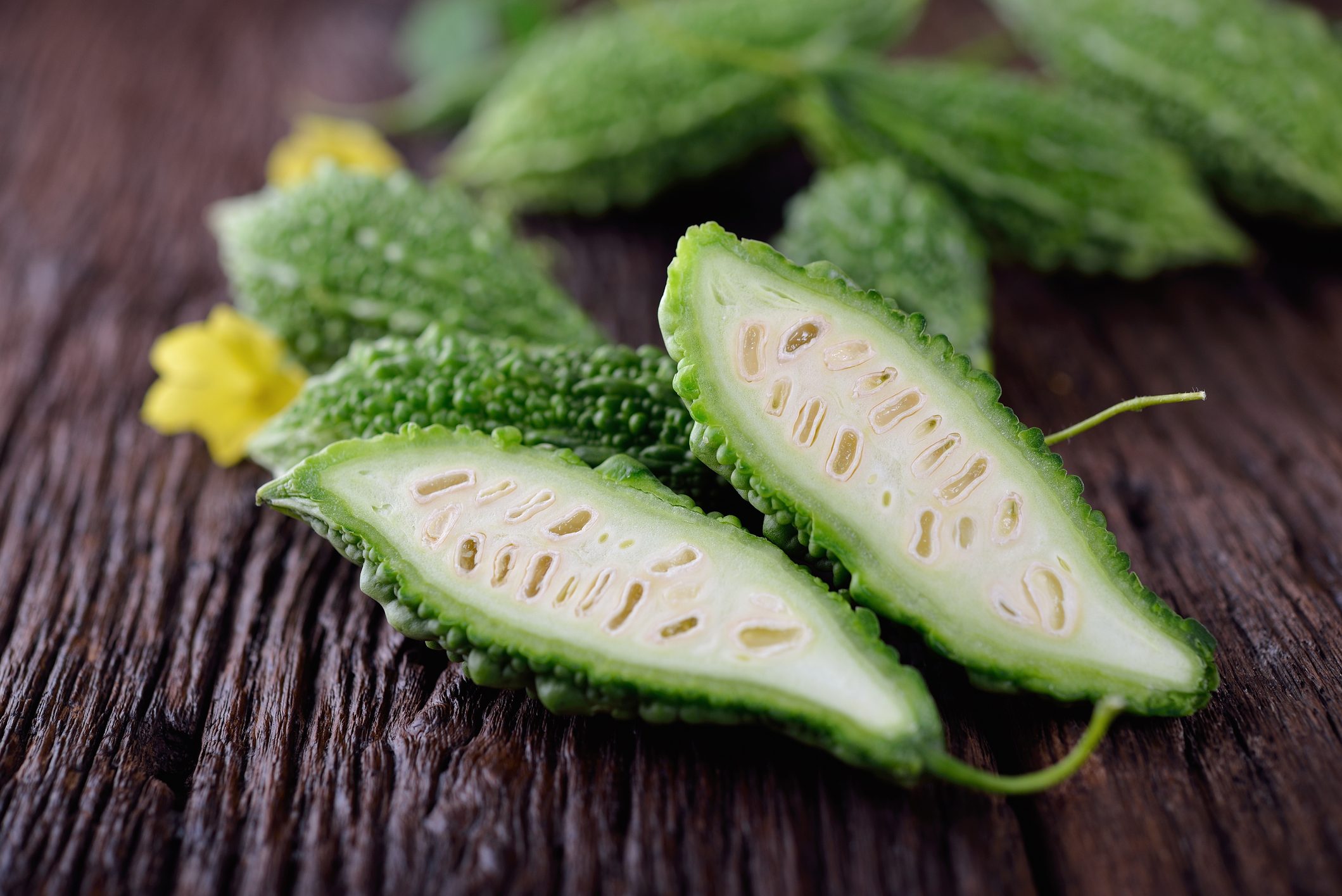Surprising health benefits of Celeriac
Not many people know that it is quite a versatile vegetable and can be used in many recipes. Read on to know more about celeriac.
;Resize,width=742;)
Celeriac is not a very popular vegetable and is slowly gaining popularity because of its high nutritional content and impressive health benefits. Not many people know that it is quite a versatile vegetable and can be used in many recipes. Read on to know more about celeriac.
Celeriac or the knob celery/ celery root/ turnip rooted celery is a root vegetable that originated in the Mediterranean and belongs to the carrot family. This strange looking vegetable looks like a misshapen turnip and is also related to parsnips, celery, and parsley. The edible part of this vegetable is the stem below the leaves and above the root portion.
It also tastes similar to the celery and can be eaten cooked or raw. Cooked celery tastes slightly sweet and raw has a crunchy texture. Celeriac has a very impressive nutritional profile as it is low in calories and packed with vitamin B6, C, K, fiber, potassium, phosphorus, manganese, and antioxidants. Celeriac should be avoided by people with blood clotting disorders or those who are on warfarin.

Celeriac can be used in salads and coleslaw in raw form and in mashed, roasted, baked, and boiled form when cooked. You can boil and mash this vegetable as an alternative to potatoes or other root vegetables. Add the cooked and blended celeriac to pies, soups, casseroles, and sauces. Celeriac takes a little longer to get cooked, boiling it takes around 20 minutes and roasting requires 40 minutes.
Apart from this, celeriac offers many health benefits.
Anti-inflammatory. Antioxidants present in celeriac are beneficial in fighting free radicals and protects against cancer, heart problems, Alzheimer’s, and delays the signs of aging. Celeriac is most beneficial in the raw form as vitamin C is lost during cooking.

Protects the heart. The high amount of vitamin C, K, and potassium in celeriac are beneficial for a healthy heart. Potassium is known to regulate the blood pressure and lowers the risk for stroke. Vitamin K prevents the build-up of calcium in blood vessels that can restrict blood flow. Vitamin C in celeriac also improves blood vessel function.

Improves digestion. It is a high fiber food that benefits the gut bacteria and protects against colon cancer, diabetes, and obesity.

Strengthen bones. It is rich in vitamin K and phosphorus that prevents bone loss, fractures, osteoarthritis, and strengthens the bones.

Prevent cancer. High level of vitamin K is beneficial in lowering the growth and spread of cancer cells, which reduces the risk of cancer.

;Resize,width=767;)
;Resize,width=712;)
;Resize,width=712;)
;Resize,width=712;)
